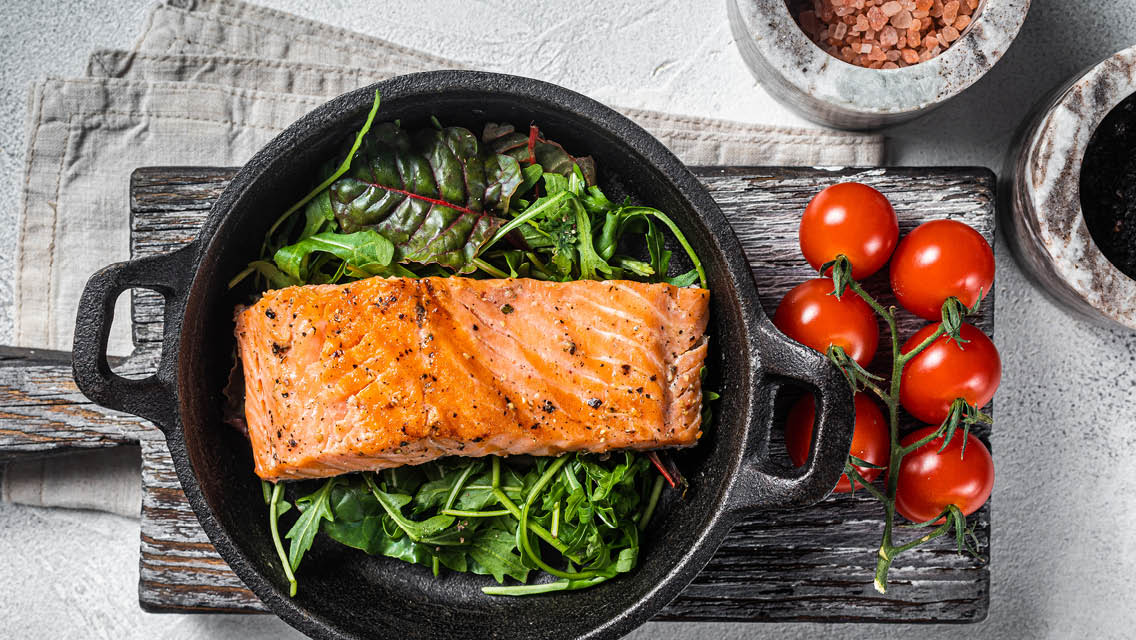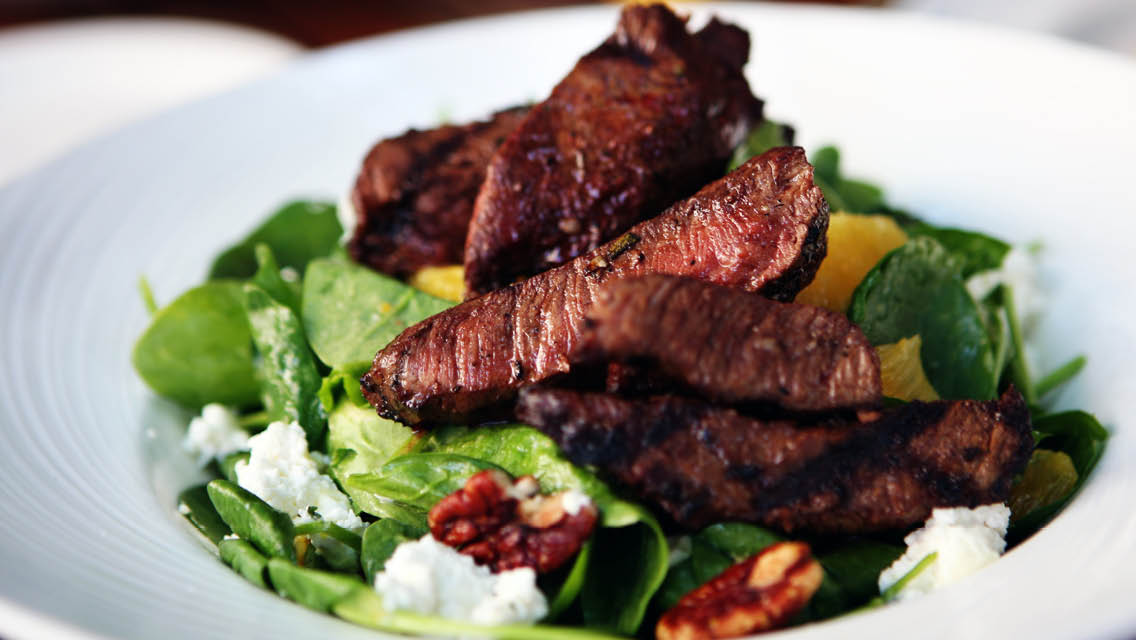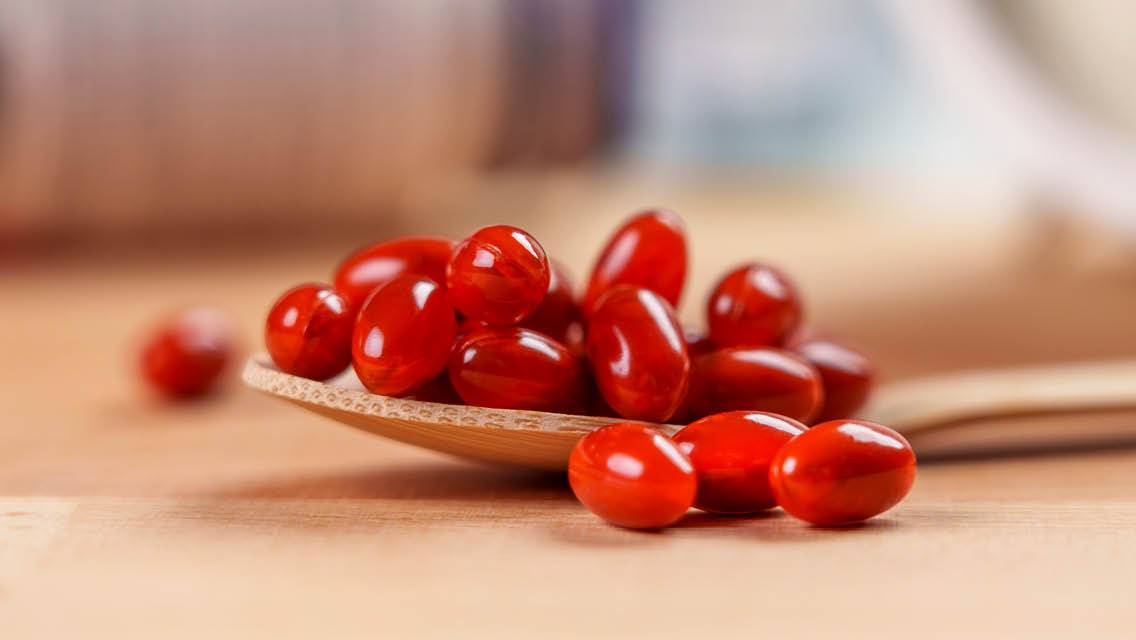This mineral is an essential component of red blood cells, which carry oxygen throughout the body. Iron is also integral to myoglobin, a protein that supplies oxygen to your muscles. As such, iron helps your muscles make and use energy for both everyday functions and exercise.
The RDA for iron is 8 mg for adult men and postmenopausal women and 18 mg for adult premenopausal women, though individual needs may vary. If you are pregnant or experience a heavy menstrual flow, consult with your healthcare provider to determine whether you need iron supplements. (Learn more about your iron needs at “Why Your Body Needs Iron.”)
Tips to Optimize Your Iron Intake
- Lean meat and seafood are rich sources of iron.
- Nuts, beans, and vegetables are great plant-based sources. Your body doesn’t absorb iron from plant foods as well as it does from animal sources, so you’ll want to pay attention to your intake if you’re vegan or vegetarian.
- Supplements can boost your iron stores if they are depleted. (Menstruation, for instance, can result in an iron deficiency.) Before beginning a supplement regimen, it’s important to have a blood test. If your ferritin levels aren’t low, stick with whole-food sources of iron. If the test reveals low ferritin levels, supplement with the supervision of a medical practitioner. High-dose supplements can cause gastrointestinal problems, and excessive supplementation can lead to serious health issues.





This Post Has 0 Comments